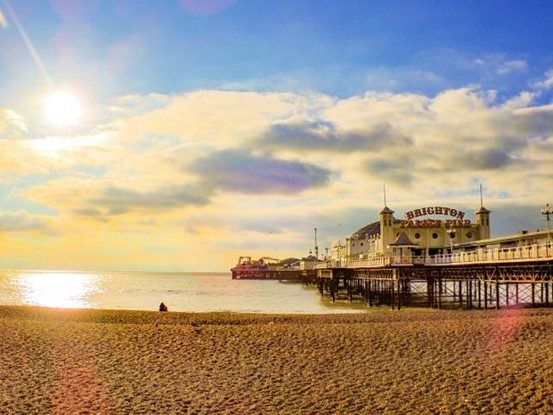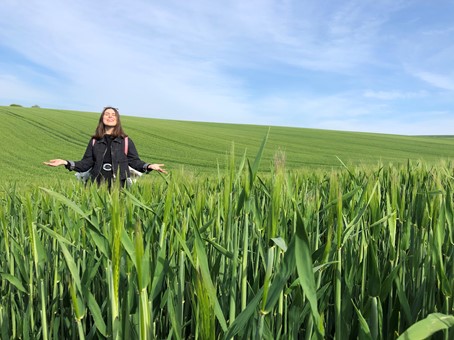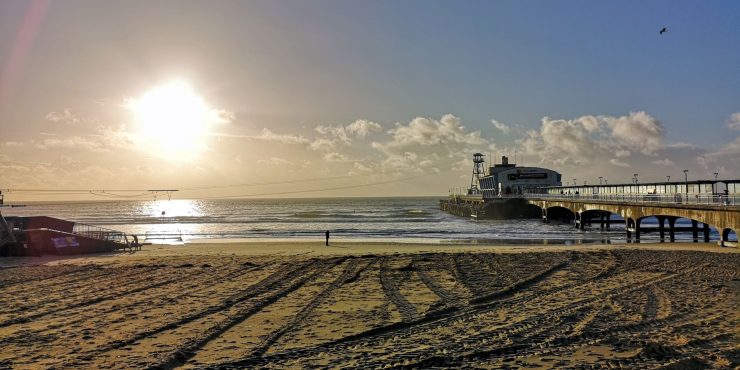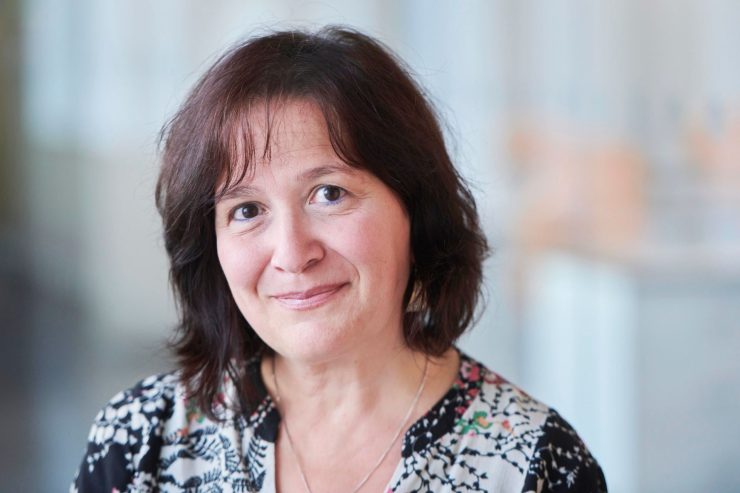The Royal Town Planning Institute has just confirmed that they have agreement from the Department for Levelling Up, Housing and Communities (DLUHC) to extend the Future Planners Bursary for this coming academic year 22-23. The scheme will again support new students who are going into planning.
You can apply for the Future Planner Bursary (England) if you are starting our Town Planning MSc course in Sept/Oct 2022. Continue reading “RTPI bursary agreed for 2022!”









